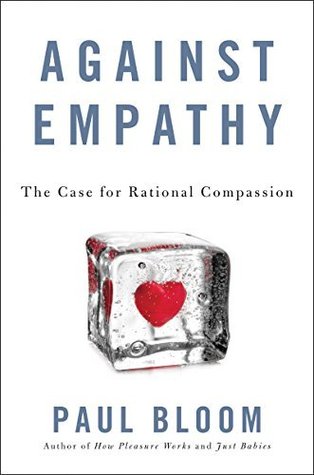This theory has the advantage of simplicity, as it explains the moral power of empathy in terms of the obvious fact that nobody (well, almost nobody) likes to suffer. It suggests that empathic motivations are, in the end, selfish ones. It’s not clear, though, that selfishness can explain the good acts that empathy leads to. When empathy makes us feel pain, the reaction is often a desire to escape. Jonathan Glover tells of a woman who lived near the death camps in Nazi Germany and who could easily see atrocities from her house, such as prisoners being shot and left to die. She wrote an angry
...more
This highlight has been truncated due to consecutive passage length restrictions.


